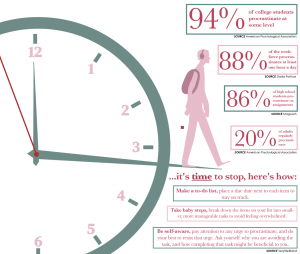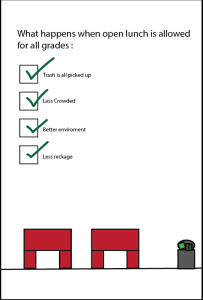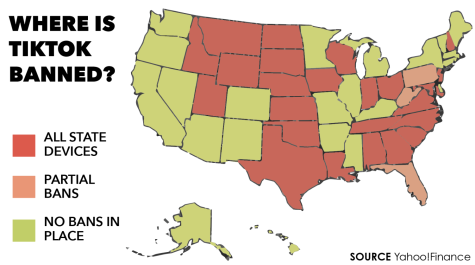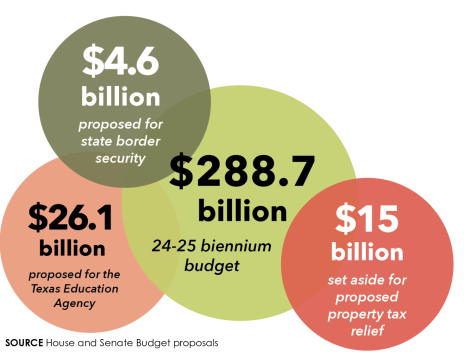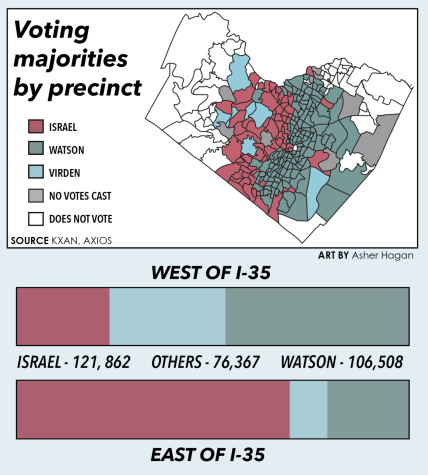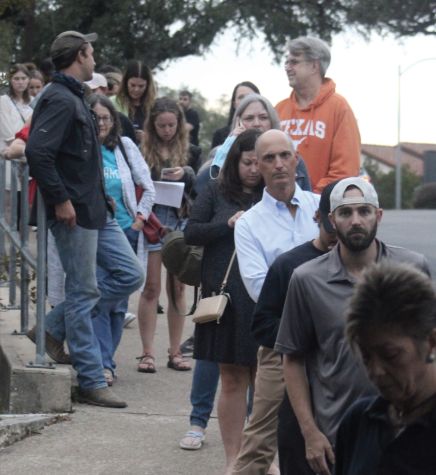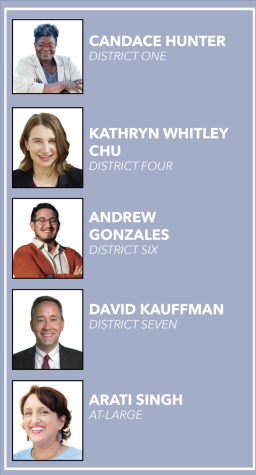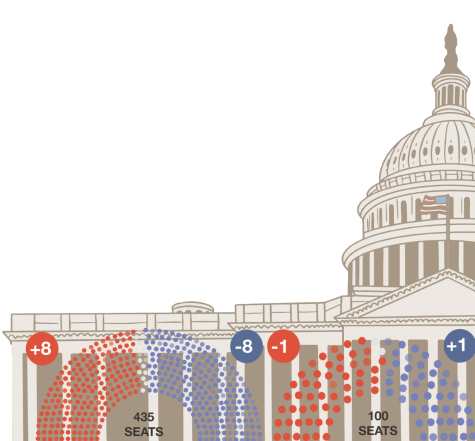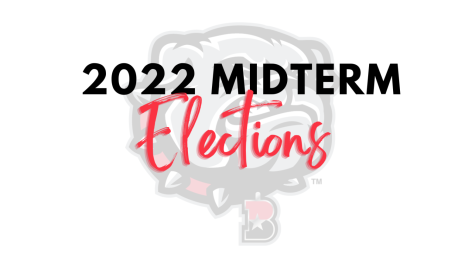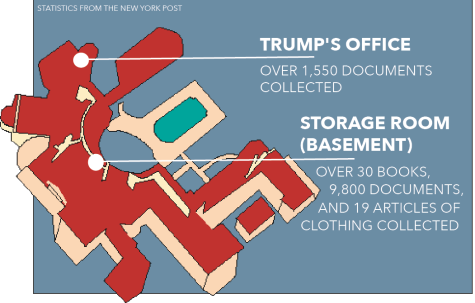Voters pass Prop A to change weed and warrant laws
Every voting season, new propositions are suggested to the public; last year, Propositions A and B discussed expanding funding to the Austin police force and exchanging a plot of public land with a private corporation.
June 2, 2022
It’s that time of the year again, its time to vote. As this time rolls around, citizens get to cast their votes in the current set of constitutional amendment elections, which have the potential to change the circumstances of the state’s rules of law.
Every voting season, new propositions are suggested to the public; last year, Propositions A and B discussed expanding funding to the Austin police force and exchanging a plot of public land with a private corporation. This year, there’s just one proposition that covered multiple topics: Prop A. If passed, Proposition A would permanently ban “No-Knock” warrants and stop police enforcement of low-level marijuana offenses, somewhat legalizing the substance.
“This could lead to more education about marijuana use, and spread the idea that cannabis isn’t something that should be totally demonized and criminalized,” freshman Mae Thompson said.
Over 51 years ago, in 1971, U.S. President Richard Nixon declared a new public enemy: illegal drugs. He passed the Controlled Substances Act, a policy which criminalized recreational drug use. This act broke drug use into multiple categories; placing marijuana at the highest tier of drug classification.
“The war on drugs started a lot of things, and it meant a lot of things,” junior Matthew Zimmerman said. “It was a meaningless war to begin with, because it was really meant to segregate different groups and races from each other, and all sorts of things. Any sort of means to get rid of that is a positive change in my opinion.”
Many state laws have been passed regarding marijuana in Texas. According to the Texas Health and Safety Code, marijuana is a highly illegal substance; selling or delivering any measure of the substance for recreational use is punishable to at least 180 days in jail and/or a fine of at least $2,000.
“People who use drugs deserve just as much respect as we do,” Thompson said, “We should stop demonizing people who use drugs in general. A lot of what’s said about people who use drugs, especially people who are in rehabilitation and people who struggle with addiction, is inaccurate. We shouldn’t make these people seem like bad people. We should really empathize with them.”
Were someone caught illegally possessing weed in Texas, they would face severe legal and civil penalties, such as months in jail and fines in the thousands of dollars. Texas law makers label marijuana as a “schedule one” substance, meaning that this drug has a high abuse risk, and it’s illegal to possess it, grow it, sell it, or drive under its influence; some other examples of schedule one drugs are heroin, LSD, and crack cocaine.
“Whether or not cannabis is decriminalized in Austin, it will still be illegal for minors to be in possession,” English teacher Chrissy Hejny said. “I feel like it’s going to be just like alcohol or tobacco; it’s going to be regulated and prohibited for kids.”
Some believe this change might impact the punishments leveled on Bowie students as well. The standard punishment for students caught possessing any amount of marijuana is a stay at The Alternative Learning Center (ALC) or an In School Suspension (ISS.)
“The use of cannabis is a personal choice for adults, and it should not be a criminal offense to carry or use it,” Hejny said. “In the case of students making poor choices, possession of cannabis should be treated like any other substance that’s illegal for minors. The consequences should be consistent and provide students with an opportunity to reflect on their choices.”
Although recreational weed is illegal, medicinal cannabis was first legalized by the Texas legislature in 2015. It was passed under the Compassionate Use Act, which allows prescriptions of marijuana in low doses to treat certain cases of epilepsy.
“I hope the impact on Bowie, would be that our kids would have the opportunity to see real democratic, societal change in action and on what the use of cannabis actually means to individual adults,” Hejny said. “There’s a variety of reasons people use it, and possession shouldn’t result in the destruction of a person’s life. There would be fewer non-violent offenders in prison, which means more people contributing to the community which benefits all.”
The other section of the proposition discusses “No-Knock” warrants; a “No-Knock” warrant is a specific type of warrant utilized by police officers that must be approved by a judge before being executed. These allow police to enter any building, including private homes, without announcing their presence to those in the building. These were originally created to allow police to preserve any evidence that has the potential to be tampered with.
“I hate the notion of a No-Knock warrant,” Zimmerman said. “If you are on private property, then you are in your own private land. I’d rather someone give me a warrant if they are going to search my stuff, even if there is probable cause.”
These warrants can sometimes result in casualties from police and suspects. In an investigation conducted by the New York Times, researches found that at least 81 civilians and 13 law enforcement officers have died during search warrants during from 2010-2016; a majority of these deaths were people of color. U.S. departments report that 47.5% of deaths in police custody are people of color.
“This is really important,” Thompson said. “A lot of times we see minority groups getting harsher police punishments than people who are white and have done the same thing.”
Prop A was approved May 7. According to Travis County Clerk, an election official, 57,967 voters wished to pass the proposition, 85.5% of the total votes. The new policy is currently being implemented into Texas law and society.
“I hope that I guide my students to come to their own conclusions,” Hejny said. “I want them to come to their own conclusions and make their own decisions based on the facts. Don’t be ignorant, do your research, because there’s a lot of misinformation out there.”




